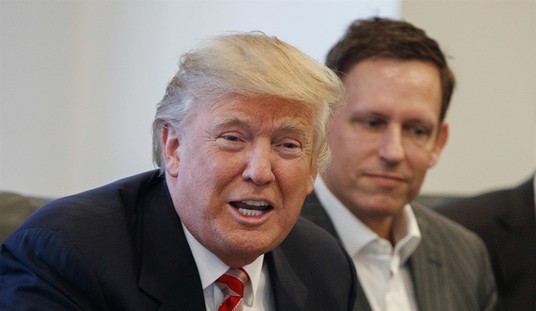It is no secret that things are not going well in Afghanistan.* Yesterday, Secretary of Defense James Mattis told senators:
Mr. Mattis did not discuss the details of the review with the senators on Tuesday, but he vowed to reverse the slide.
“We are not winning in Afghanistan right now, and we will correct this as soon as possible,” he said. “It’s going to require a change in our approach from the last several years.”
As an aside, septuagenarian douchenozzle John McCain had to weigh in:
“We’re now six months into this administration,” Mr. McCain said. “We still haven’t got a strategy for Afghanistan. It makes it hard for us to support you when we don’t have a strategy.”
Gott in Himmel, as Pat Buchanan would say. Where has McCain been for the past eight years? Everyone in the military was sure Obama was leaving Afghanistan so not a lot of strategic planning for success has been done since around 2010.
The degree to which the Afghan regime has lost control is a monument to the twin Afghan virtues of corruption and incompetence:
Tora Bora, the mountain redoubt that was once Osama bin Laden’s fortress, fell to the Islamic State early Wednesday, handing the extremists a significant strategic and symbolic victory, according to Afghan officials and local elders and residents.
Taliban fighters who had previously controlled the extensive cave and tunnel complex fled overnight after a determined, weeklong assault by the Islamic State, also known as ISIS or ISIL, according to villagers fleeing the area on Wednesday.
Hazrat Ali, a member of Parliament and a prominent warlord from the area who helped the Americans capture Tora Bora from Al Qaeda in 2001, said that the offensive was prompted by the American decision to drop the so-called mother of all bombs on an Islamic State network of tunnels in Achin District in April. The 20,000-pound bomb was thought to be the largest non-nuclear bomb ever deployed.
The Islamic State then decided to shift its refuge to the Tora Bora caves and tunnels, Mr. Ali said. “Some 1,000 ISIS militants were gathered close to Tora Bora, to capture the area,” Mr. Ali said. “I informed government forces to target them, and I told them they are trying to capture Tora Bora, but they did not pay attention.”
The one good sign in this mess is that Trump is getting the National Security Council out of the commanding troops and developing strategies business. Under Obama, the NSC, staffed with academic lightweights and dunderheads, actually planned military operations. There was one famous incident where a National Security Council staffer called the military airfield at Kabul to check on the fuel levels in aircraft. In fact, the regional military commanders seem to have been cut out of military operations. That is coming to a screeching halt:
President Trump has given Defense Secretary Jim Mattis the authority to determine troop levels in Afghanistan, three administration officials said Tuesday, opening the door for sending more American forces to a war that the Pentagon chief acknowledged the United States was “not winning.”
…
Mr. Trump has already given his Pentagon chief similar authority for Iraq and Syria.Mr. Trump’s approach makes a sharp break from former President Barack Obama, who tightly controlled decisions on military troops, a practice that some critics complained smacked of micromanaging. The president has relaxed the rules for counterterrorism operations in Somalia and Yemen and was quick to approve the military’s plan to fire sea-launched cruise missiles at an airfield that President Bashar al-Assad’s forces used to mount a chemical weapons attack in Syria.
Proponents say that delegating the authority to the Pentagon will enable it to carry out campaigns against the United States’ adversaries without interruptions and will allow it to respond more quickly to changes on the battlefield. The risk, critics say, is the president may become too detached from developments on the battlefield and may use this approach to distance himself from a decision that could be politically unpopular.
I don’t know that salvaging Afghanistan is possible but I do know that you have a much better chance of doing so when competent professionals, with their own professional reputations on the line, are calling the shots.
*Truth be told, I’m not sure what “going well” would even look like in Afghanistan as it is a barbarous sh**hole without a prayer of moving past the 7th century in any area but the type of weaponry used to inflict arbitrary slaughter.













Join the conversation as a VIP Member